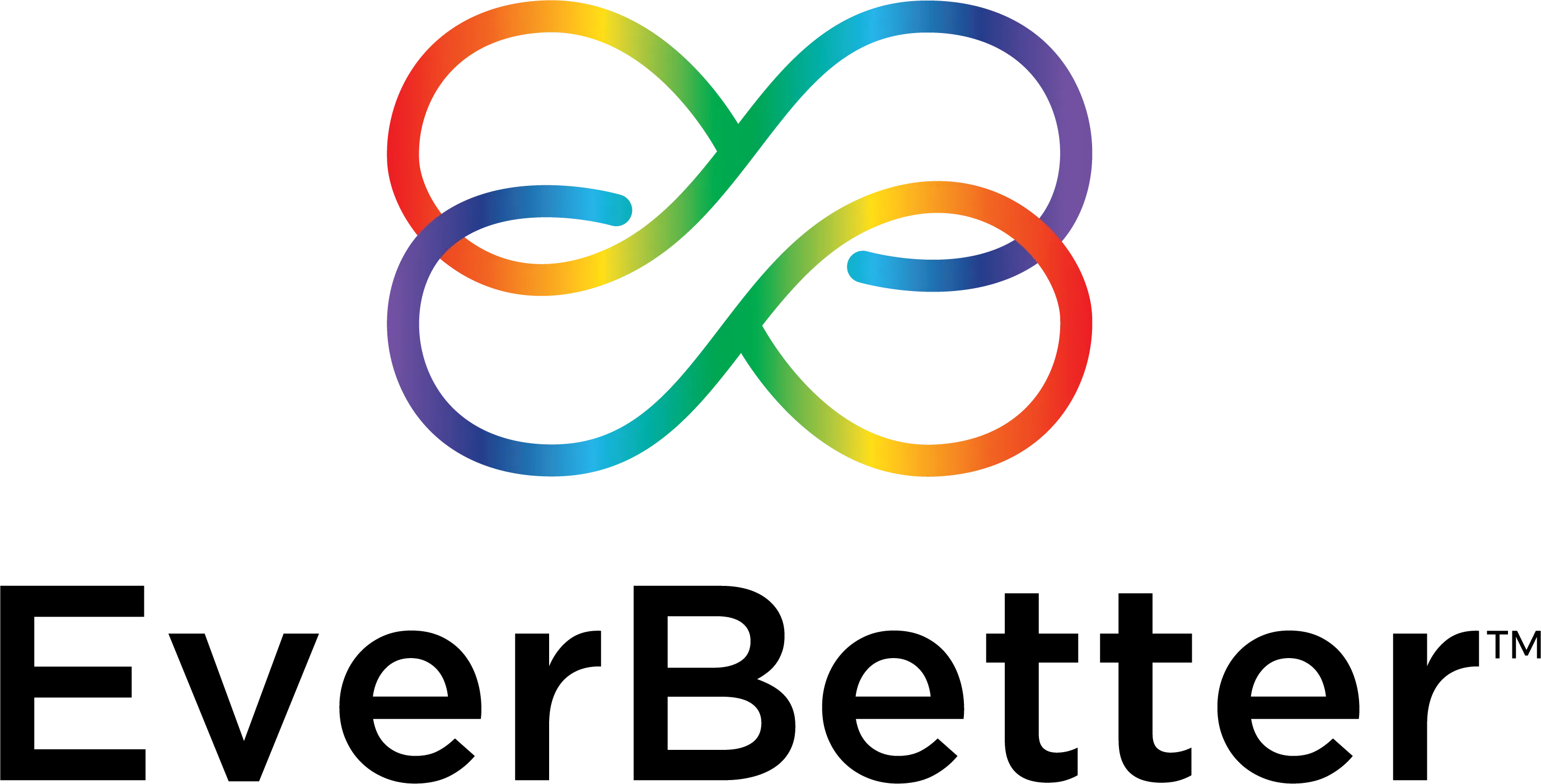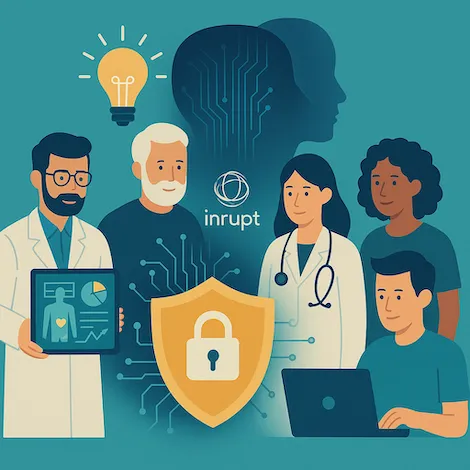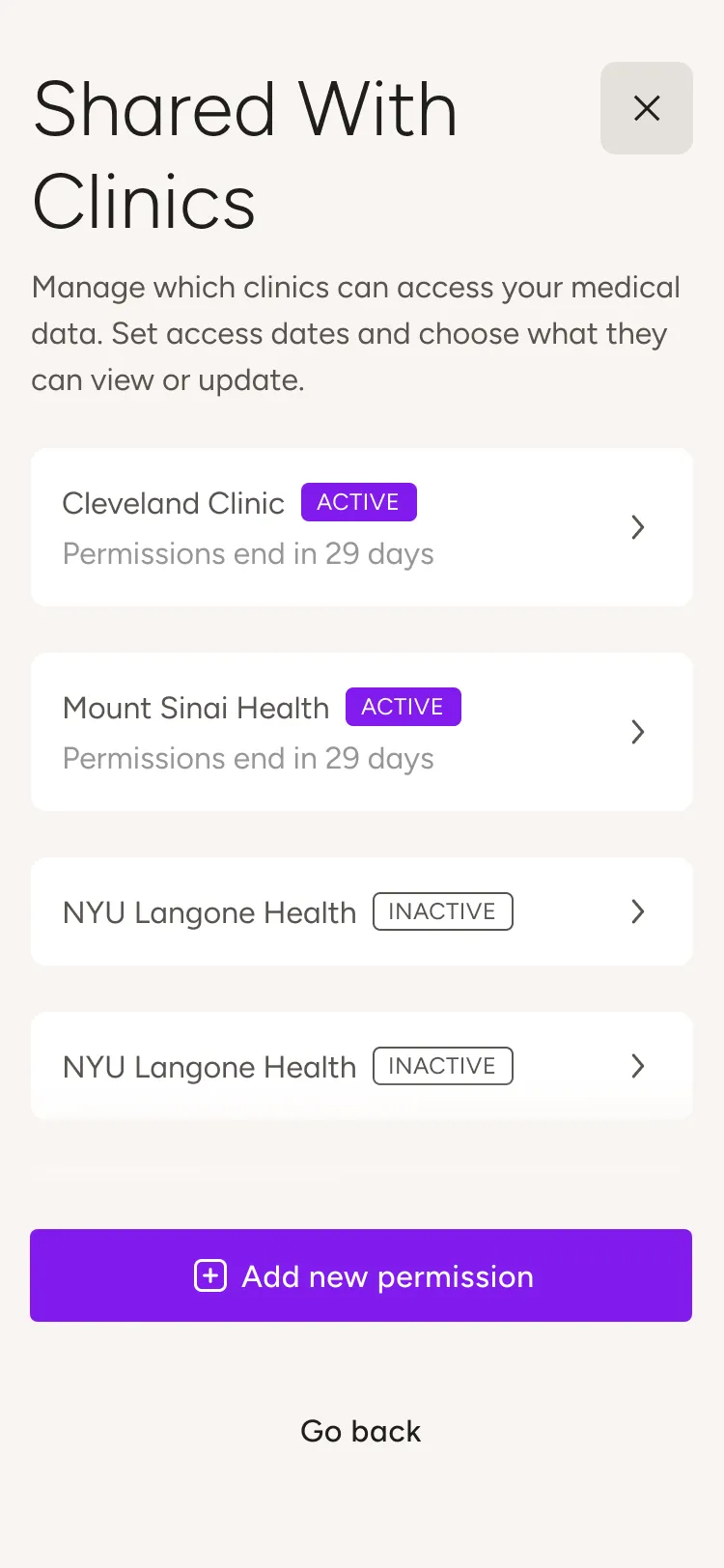

EverBetter teamed up with MaxWell Clinic, a 10,000-patient holistic healthcare clinic in Nashville, to create a transformative electronic health record (EHR) system built on Inrupt’s Solid technology. The platform puts patients in control of their healthcare data while improving clinical outcomes and operational efficiency.
Dr. David Haase, CEO and Founder of EverBetter and MaxWell Clinic, and one of the thought leaders of functional medicine, recognized a fundamental problem plaguing healthcare: Existing EHR systems prioritize insurance requirements and profit margins over patient outcomes. Traditional systems create significant operational challenges:
The holistic approach championed by functional medicine—examining physical, emotional, and spiritual health while addressing root causes rather than symptoms—required a fundamentally different technological foundation.
EverBetter, working with MaxWell Clinic and Dr. Haase, discovered Solid, Inrupt co-founder Sir Tim Berners-Lee’s user-centric data sharing standard, and immediately saw its potential for transforming functional medicine by empowering patients with access to—and a measure of control over—their healthcare data.
EverBetter and MaxWell Clinic partnered with Inrupt to design a next-generation clinical software system—called EverBetter Pro—with four core capabilities:
Enhanced Interoperability: EverBetter enables seamless data exchange where many clinics can access patient data. Patients are aware of who has access to their data and can grant additional access where necessary. The platform uses health standards like HL7 to make data interoperable and reusable across contexts. This future-proof architecture can evolve to meet new patient needs and comply with emerging regulations without breaking compatibility.
Superior Security Model: The distributed architecture limits centralized attack targets while providing cryptographic protection, fine-grained access controls, and comprehensive audit trails. This data model reduces potential attack surfaces compared to traditional systems.
Scalable Performance: Distributed query optimization, intelligent caching strategies, and asynchronous processes address healthcare-specific performance requirements while supporting efficient medical workflows.


EverBetter’s granular consent model makes it possible to share permissioned health data with select clinics to ensure better patient care, while setting a limited permission window to enable maximum privacy.
As a healthcare organization dedicated to protecting patient data, EverBetter has designed the EverBetter platform to support HIPAA compliance for all patient data. This healthcare-specific implementation of Solid demonstrates that Inrupt’s Data Wallets can comply with the most stringent healthcare regulations, as well as general privacy regulations, such as the General Protection Data Regulation or the California Consumer Privacy Act.
Chronic Disease Management: Patients benefit from comprehensive medical histories across multiple health providers, including coordination and medication reconciliation, as well as integrated data from monitoring devices and collaborative care plans visible to entire medical teams.
Provider Transitions: For patients looking to transfer their healthcare to a new provider, EverBetter provides a complete medical history that is immediately transferrable, reducing redundant testing, improving medical safety during transitions, and maintaining patient preferences across care settings.
Clinical Research: EverBetter enables patient-controlled participation in research studies with granular consent for specific data elements, anonymous data sharing with robust protection, and real-time data collection while maintaining privacy.
EverBetter’s patient-centric platform delivers a number of benefits across the healthcare ecosystem, including:
Following successful internal implementation, EverBetter plans to market EverBetter Pro to healthcare organizations looking to upgrade their care capabilities or are simply frustrated with their current EHR options. This expansion strategy points to the widespread dissatisfaction with how current health systems operate, and demonstrates that medical practitioners are open to using new technologies to improve their ability to deliver patient care.
The growing demand for more integrated medical care, combined with increasing patient expectations for data transparency and control, creates a significant market opportunity for healthcare organizations willing to embrace innovative approaches.